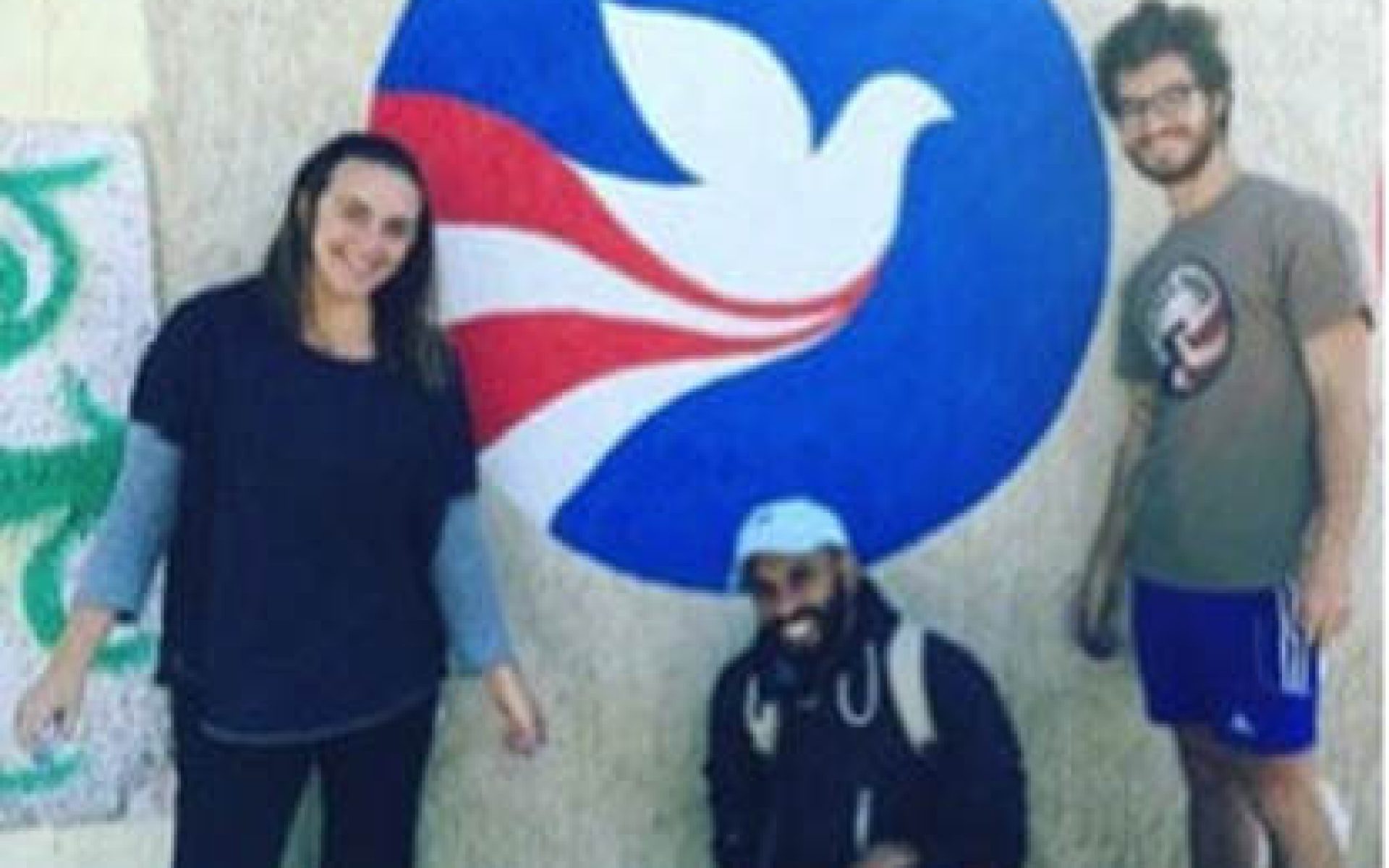Written by CorpsAfrica/Malawi Exchange Volunteer Mr. Mostafa Essalai
Most of the time we see the life of people change from casual to celebrity in a specific domain. Some of these people become famous and the cameras follow them wherever they go, and others become famous among their families, friends, or community members because they are out in the world doing good and valuable things. Either way, these individuals are known as celebrities to others. However, my question for you is, who is behind the success of these people? For example, in Hollywood, we cannot summarize the success of an actor by just looking at the actor. Instead, we must also look at the big staff who are making a double effort to make the celebrity more brilliant.
Furthermore, in the field of voluntary community development work, after finishing a successful service, most Volunteers become like celebrities in the eyes of their organization, parents, family, and friends. But all of these parties don’t know exactly who’s behind the success of this Volunteer. They don’t know anything about the people from the community, who works side by side in the field next to the Volunteer. And they certainly don’t know about the commitment of the Volunteer’s counterpart.
So let me tell you. The counterpart is the key principle of a Volunteer’s success in the community during their service, and is the person who works with them side by side on projects, voluntarily, without wanting anything in return.
I’ve have the honor to live both of these two experiences; being a counterpart to Peace Corps Volunteers in Morocco, and now being a CorpsAfrica/Malawi Volunteer working with a counterpart from my community here. From these humble experiences, I can say that most Volunteers who’ve had a successful experience throughout their service gives all the credit to their amazing counterparts. To confirm this, I asked both successful Peace Corps and CorpsAfrica Volunteers from Morocco and Malawi, to give me a quote about their counterpart from their village of service. Below is what they had to say.
“My counterpart has completely made my Peace Corps service the best experience of my life. Davie Manda was one of my students during my first year of service in 2015 and over time he became my counterpart, best friend and role model in our community. Over the last two and a half years Davie has lead nearly all my projects. Even taking part in learning how to sew a reusable menstrual pad that he gave to a relative. Davie is a people person, a social light, and very emotionally intelligent. He understands people, and I think that’s why myself and other Peace Corps Volunteers love him so much. He gets us and American culture, and accepts us for who we are. I’m really lucky to have found such a great friend, and counterpart. I know that I close my service in August, but our friendship will last a lifetime.” — Torey Hart- Peace Corps Volunteer in Malawi 2015-2018
“One of my counterparts was a Kabaza (bicycle taxi) driver. He was involved in almost all of my projects and drove me everywhere. Apart from assisting me in getting from place to place, he also worked very hard to ensure that the projects we were working on were realized. He never benefited directly from any of the projects we did, but he was always there. He introduced me to people, bargained on my behalf, worked odd hours with me, reminded me of things we needed to do, and sacrificed the time he could have been out making money working. My service would have been way harder if it wasn’t for him.” — Sarah Kazira- CorpsAfrica/Malawi Program Coordinator (CorpsAfrica Volunteer 2016-2017)
“As a volunteer in a small community, for me there is no difference between “work” and “life.” Following, there’s often no difference between “counterparts” and “friends”—they are the same people. That’s why I’m okay with the fact that I didn’t really do much productive work during my first year in my community—instead, I was just making friends, which takes time. Now, as I bring my new perspective and different resources, my counterparts/friends bring their ideas and in-depth knowledge of their own community. Together, we have renewed an old common space, started girls’ empowerment initiatives, a Model UN club, a women-run patisserie, and trainings for local associations. Even if our projects don’t make a big splash, we tried something new and we did it as a team. Indeed, counterparts lie at the core of what Peace Corps service is—learning, giving back, and exchange.” — Julie Sherbill, Peace Corps Volunteer in Morocco
“My first two years in Malawi as a Peace Corps Volunteer would not have been possible without my amazing counterparts. My friend David specifically comes to mind when I think about the influence my counterparts had on my time in my community of service, which is now my home away from home. He wasn’t only someone who helped me with my projects, but he also gave me the beautiful gift of friendship. If it weren’t for him I think my time in Chipoka would have been completely different than it was.” — Katlyn Saley, Peace Corps Response with CorpsAfrica (Peace Corps Volunteer 2015-2017)

